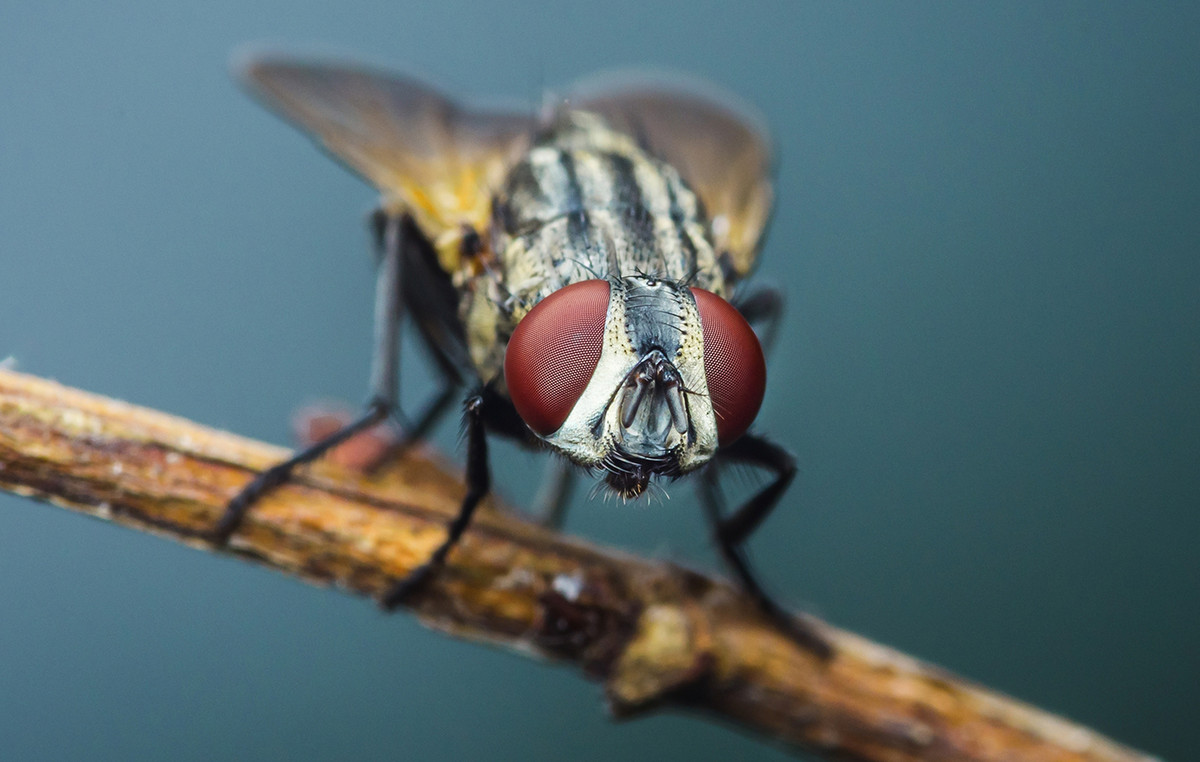A third U.S. dairy worker tested positive for bird flu after exposure to infected cows and was the first to suffer respiratory problems, U.S. officials said Thursday.
The infection was the second human case in Michigan, which has confirmed more cases of bird flu in dairy cattle than any other state. It also broadens the symptoms to human cases, after the two workers who previously tested positive only had conjunctivitis, or eye redness, and recovered.
The US Centers for Disease Control and Prevention (CDC) said the latest case does not change its assessment that bird flu poses a low risk to the general public and that there has been no evidence of human-to-human transmission.
Nirav Shah, the CDC's principal deputy director, said on a conference call with reporters that the agency expected to see respiratory symptoms because previous influenza viruses also showed such symptoms.
Michigan will soon begin testing workers
“At the same time, respiratory symptoms increase the likelihood of someone being exposed to the virus compared to (eye) symptoms,” Shah said.
Meanwhile, Michigan will soon begin testing dairy farm workers for signs of previous bird flu infection, a county health official told Reuters. State and local health officials have been monitoring exposed farmworkers for symptoms.
The ongoing outbreak of bird flu in dairy cattle has affected 67 herds in nine states since March, according to CDC data.
The third worker to test positive reported upper respiratory tract symptoms, including cough without fever and eye discomfort with watery discharge, the CDC said.
The patient received antiviral treatment, is isolated at home and symptoms are disappearing, the CDC said. The patient's household contacts have not developed symptoms and are being monitored for the disease, the agency added.
The worker worked on a different farm than the previous human case reported in Michigan on May 22, the state said.
The CDC reported the first human case linked to dairy cattle in Texas on April 1. None of the three human cases are associated with the others, the agency said.
“Light case”
“Although there were respiratory symptoms in this individual, it was still a mild case,” said Amesh Adalja, an infectious disease specialist at the Johns Hopkins Center for Health Security. “This highlights the risk that is specific to dairy farm workers.”
CDC officials are eager to test blood samples from farm workers for signs of past infection to help understand the extent of the bird flu outbreak.
Michigan county and state officials will collaborate with the CDC on the testing effort, said Chad Shaw, health officer and director of environmental health for the Ionia County Health Department in Michigan. Details of the testing plan have not been previously reported.
Ionia County has reported bird flu infections in four dairy cattle herds and four poultry herds, according to state data.
The goal of the testing is to discern how the virus is spreading from farm to farm, including whether humans have transmitted the virus asymptomatically, said Shaw, who did not know when additional testing would begin or how many workers would be tested.
Shah said the CDC has been working with the state health and agriculture departments on a series of studies to help understand the current risk to workers, whether workers have been previously infected and what factors on a farm increase the risk of infection.
The CDC will design the studies that any public health entity can use for these purposes, Shah said, adding that the Michigan health department is leading its testing effort.
Testing for past infection is important in determining how widespread the virus is among humans, said Michael Osterholm, a bird flu expert at the University of Minnesota. Widespread exposure can increase the chances of the virus mutating to become more easily transmissible in humans.
“The real barrier to sleeping with one eye open is whether or not there is human-to-human transmission, and there is no evidence of that,” Osterholm said.
Manufacturing of 4.8 million doses of bird flu vaccines will be completed this summer, David Boucher, director of infectious disease response at the U.S. Department of Health and Human Services, said on the call.
The U.S. Department of Agriculture (USDA) is launching a pilot program that will allow enrolled farmers to mass test milk from their dairy cows for avian influenza, rather than testing individual animals before transporting them across state lines. senior consultant Eric Deeble told reporters.
Details of that program were first reported by Reuters.
The USDA will also spend an additional $824 million to work with states on avian flu testing and surveillance, Deeble said.
Source: CNN Brasil
Bruce Belcher is a seasoned author with over 5 years of experience in world news. He writes for online news websites and provides in-depth analysis on the world stock market. Bruce is known for his insightful perspectives and commitment to keeping the public informed.







